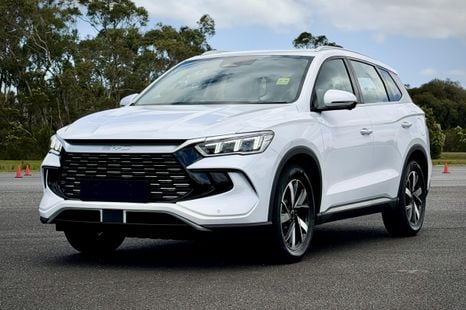

Ben Zachariah
2026 BYD Sealion 5 Essential review
6 Hours Ago

News Editor
The Toyota bZ4X is set to launch in Australia in the fourth quarter of this year, and will be the first of at least three initial electric vehicle launches.
“Starting with the bZ4X, we will launch at least three EVs in the space of three years, with more in the pipeline,” said Sean Hanley, Toyota Australia’s vice president of sales, marketing and franchise operations.
“Toyota is committed to bringing electric vehicles to Australia, in their thousands within a few short years, and ultimately, in the tens of thousands.”
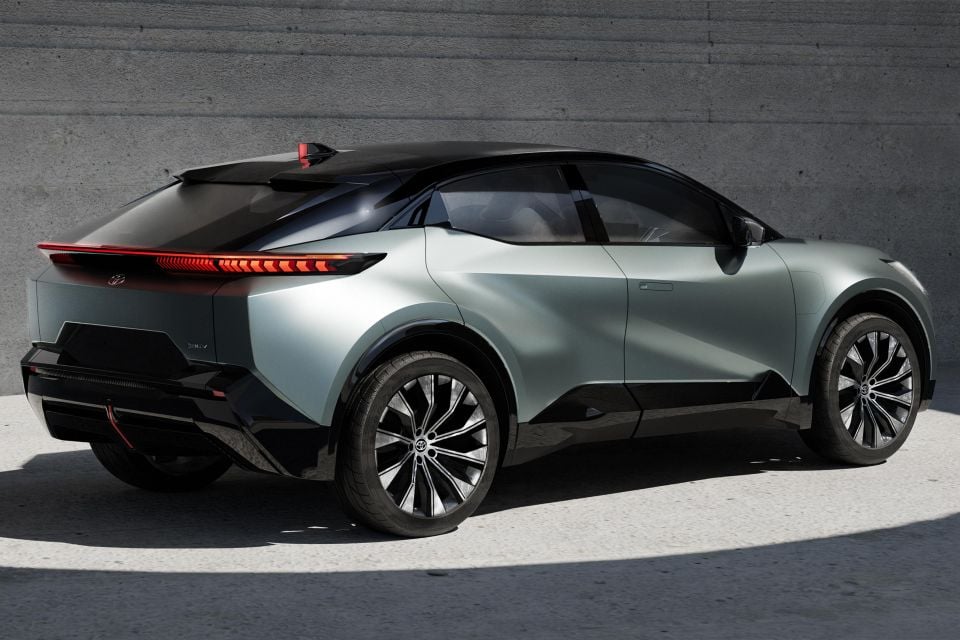
In addition to these three, Mr Hanley says the company is “examining closely” a production version of last year’s bZ Compact SUV concept.
Toyota has revealed only one other production bZ EV thus far, the bZ3 sedan, but this is understood to be for the Chinese market only.
While it has yet to release local pricing and specifications, Toyota has warned the bZ4X won’t be cheap, citing lithium prices eight-times higher than just two years ago.
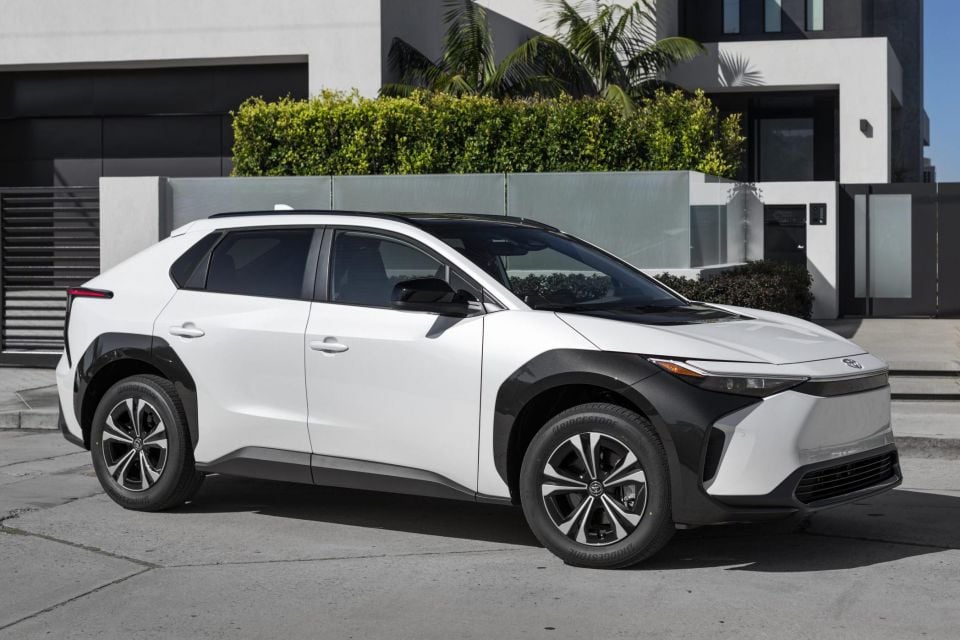
“Battery electric cars are expensive. Don’t kid yourself. They are expensive to build,” said Mr Hanley.
“So I’ve always said this car will not be a cheap car. But as we go forward, as hybrid did over 22 years at scale-up, EVs will come down in price.
“But up front, and this is exactly why I use the quote, hybrid suits the masses not a few.”
Toyota’s European operations have confirmed six bZ-branded vehicles for launch by 2026, and in late 2021 Toyota revealed a bevy of concepts ranging from city cars to a large SUV and a ute. It plans to launch 30 EVs by 2030, by which point it wants to be selling at least 3.5 million EVs globally each year.
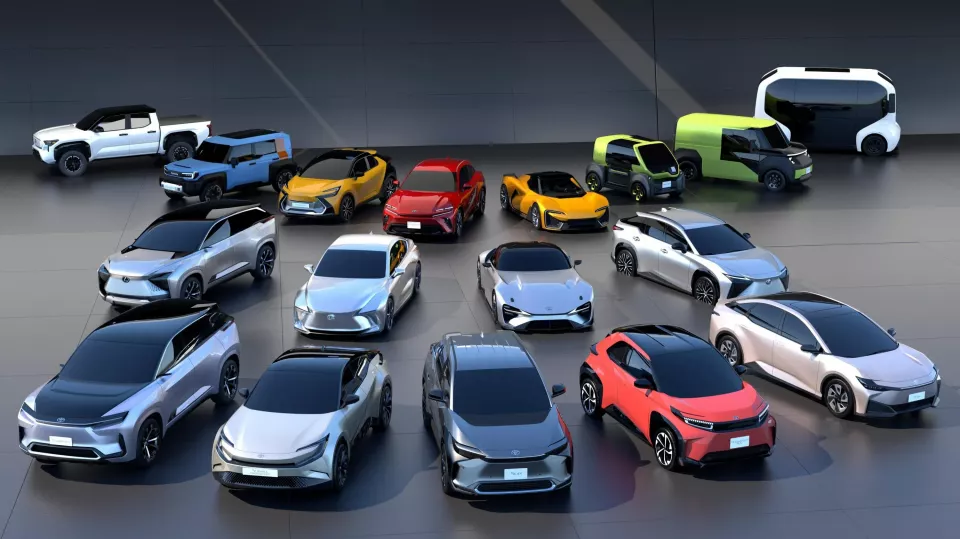
Initially slated for a late 2022 arrival, Toyota says it delayed its first volume EV, the bZ4X, to secure sufficient supply.
“The reason we delayed actually, despite some popular opinion and commentary, is that we want to be able to secure supply and the latest spec,” said Mr Hanley.
“So they’re the two fundamental reasons why it’s been delayed. I haven’t got the exact numbers. It’s a bit early, but we expect to have a reasonable launch volume for this data based on our market size.”
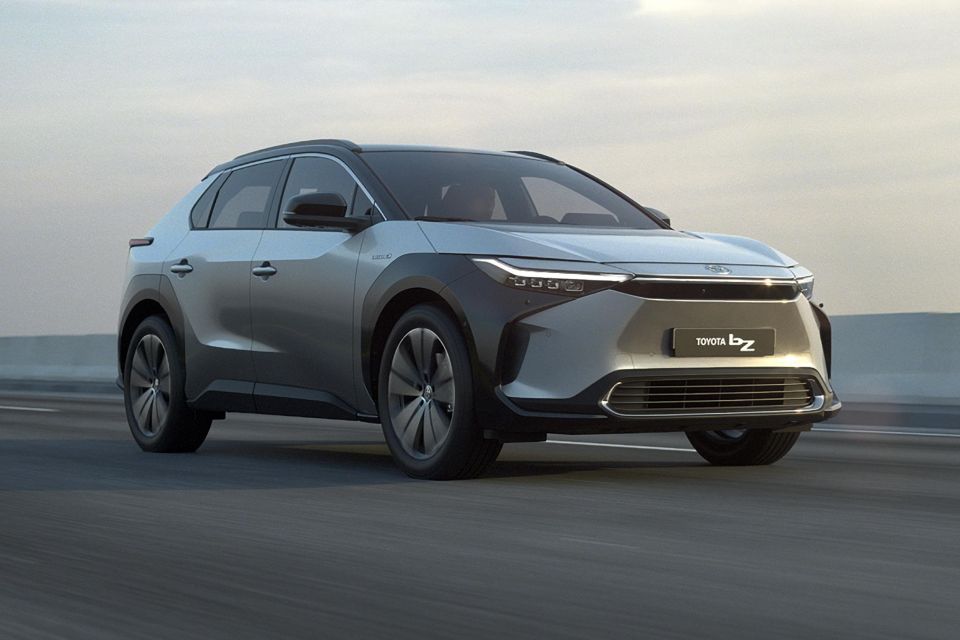
Toyota says there are still many obstacles to EV adoption in Australia, even as it expects growth in the EV market to accelerate over the next seven years.
Mr Hanley cited Australia’s limited infrastructure, referring in particular to reports over the holiday period late last year of queues at charging stations.
He also indicated many buyers won’t be served by EVs, in particular those in regional areas who tow heavy loads.
“It was a stark reminder to me of what motor cars and vehicles that are fit for purpose truly mean for those people who live in regional areas of Australia. And it reminded me that we can’t leave them behind on this journey to carbon neutrality,” said Mr Hanley.
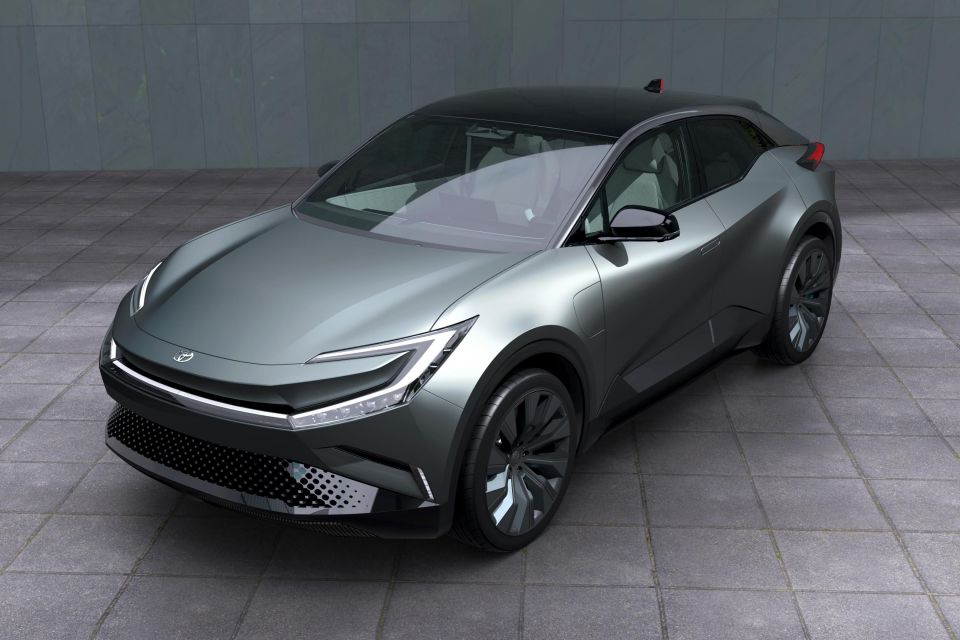
He expects both local charging infrastructure and battery technology to improve, but said it’s “too early and too risky to put all our eggs in the electric vehicle basket”.
“The most responsible thing to add you can do right now is help our customers reduce their carbon emissions as much as possible and as soon as possible,” he added.
“That means offering low emission solutions that meet the diverse needs and circumstances of all our customers.”
Go deeper on the cars in our Showroom, compare your options, or see what a great deal looks like with help from our New Car Specialists.
William Stopford is an automotive journalist with a passion for mainstream cars, automotive history and overseas auto markets.


Ben Zachariah
6 Hours Ago
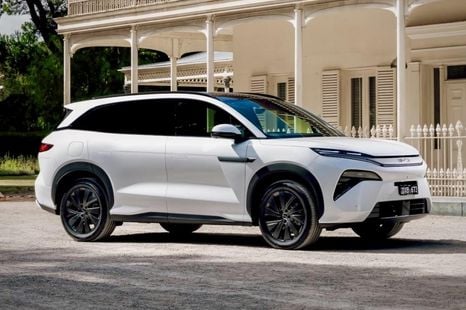

Ben Zachariah
6 Hours Ago
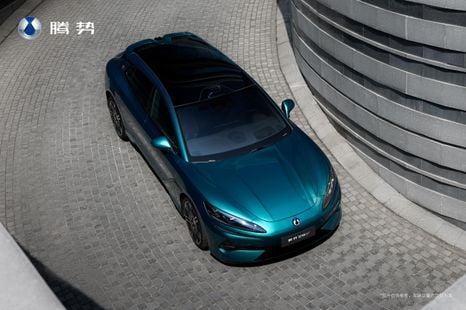

William Stopford
11 Hours Ago
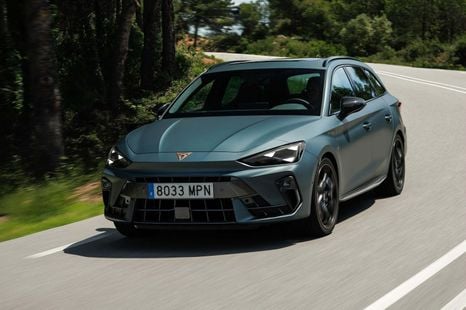

William Stopford
13 Hours Ago
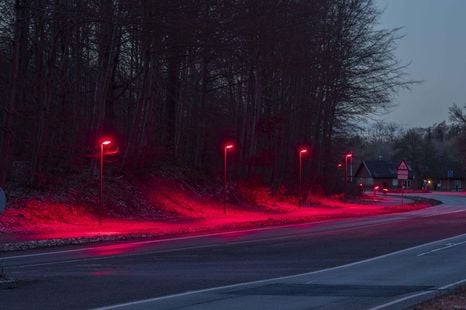

Damion Smy
15 Hours Ago
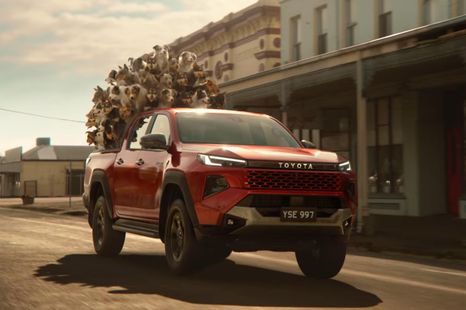

Damion Smy
16 Hours Ago
Add CarExpert as a Preferred Source on Google so your search results prioritise writing by actual experts, not AI.